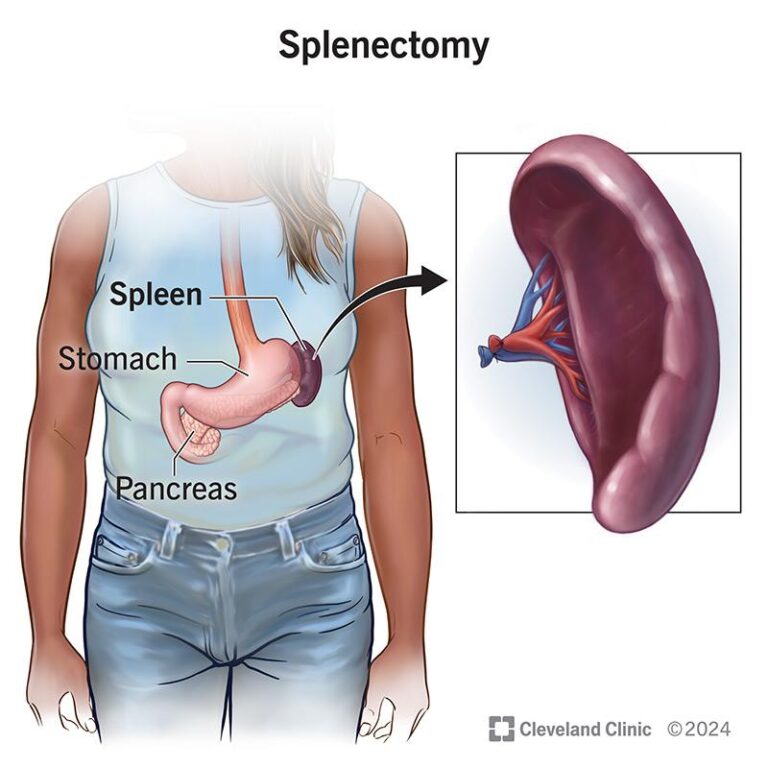Rwanda Marks 31 Years Since Genocide Amidst Ongoing Tensions with Congo
This year, Rwanda observes the somber 31st anniversary of the 1994 genocide, a catastrophic event that led to the loss of approximately 800,000 lives within a mere three months. As memorial services and commemorative events unfold nationwide, the echoes of this harrowing past are intensified by rising tensions with the Democratic Republic of Congo (DRC).The enduring impact of this tragedy continues to influence Rwanda’s national identity and political framework, even as regional circumstances evolve. This year’s remembrance not only pays tribute to those who lost their lives but also sheds light on persistent challenges in achieving peace and reconciliation in the region.
As Rwanda reflects on its painful history, it finds itself navigating a complex geopolitical environment characterized by escalating conflicts with its neighbor, Congo. The anniversary serves as a stark reminder of the profound loss experienced three decades ago while resonating deeply within Rwandan communities. Ceremonies across the country honor victims while providing local leaders an opportunity to address contemporary issues related to unity and healing. These events symbolize Rwanda’s ongoing recovery journey as communities unite to move forward despite haunting memories.
At present, relations between Rwanda and Congo have become increasingly strained due to various factors such as border disputes and accusations regarding support for insurgent groups. This has led both nations to engage in diplomatic discussions aimed at managing their intricate historical ties. Key aspects concerning this situation include:
- Heightened Military Activity: Both countries have increased military deployments along contested borders.
- Urgent Calls for Dialog: International bodies stress the importance of constructive conversations to ease tensions.
- Civilian Humanitarian Issues: Both governments face scrutiny over how ongoing conflicts affect local populations.
Historical Insights: The Genocide’s Lasting Impact on Regional Stability
The genocide against Tutsi individuals in 1994 unleashed repercussions that reverberated throughout East Africa, destabilizing neighboring regions considerably. Following these tragic events, millions fled into surrounding countries like DRC—this mass migration fueled armed group recruitment which perpetuated violence and insecurity across both nations over subsequent decades. The ramifications have manifested in several critical areas:
- Persistent Political Instability: Ongoing rivalries between Rwanda and DRC hinder democratic progress.
- Eruptions of Armed Conflict: Continuous clashes involving rebel factions divert resources away from essential governance efforts.
- <strong=Humanitarian Emergencies:The surge in displacement has exacerbated poverty levels leading to urgent humanitarian needs across affected regions.
The global response following the genocide introduced a complicated mix of humanitarian intervention alongside geopolitical interests that often intensified existing tensions among regional actors seeking strategic advantages from instability. Initiatives such as peacekeeping missions were established post-genocide aiming at restoring order; however, they frequently yielded mixed outcomes when evaluated against stability indicators before versus after 1994:
| Year | Rwanda Peace Index | Congo Conflict Involvement Level |
|---|---|---|
| 1994 | Poor | Elevated |
| 2004 | Improving | Moderate |
| 2023  | High  | High
  <|diffmarker|>.com/2025/02/19/eye-on-africa-rwanda-backed-rebels-advance-into-eastern-dr-congos-second-major-city-of-bukavu-france-24-english/” title=”Eye on Africa – …backed rebels advance into eastern DR …’s second major city of Bukavu – FRANCE 24 English”>regional peace summit could provide an essential platform for discussing broader security concerns along with developmental issues affecting both nations moving forward. Conclusion: A Path Forward Through Unity and UnderstandingAs Rwanda reflects upon thirty-one years since one of history’s darkest chapters—the genocide claiming countless innocent lives—it simultaneously acknowledges notable strides made toward reconciliation alongside development since then; yet shadows cast by ongoing tensions with neighboring Congo remain ever-present reminders that historical wounds still shape current realities today. This anniversary serves not only as commemoration but also emphasizes urgency surrounding sustained dialogue efforts aimed at fostering cooperation necessary preventing future violence ensuring stability throughout Great Lakes region overall. Rwanda’s journey marked resilience through remembrance highlights lasting impacts trauma endured while underscoring collective commitment required towards achieving lasting peace where conflicts resolved through unity understanding rather than division strife.<|vq15366|>.com/2025/02/19/eye-on-africa-rwanda-backed-rebels-advance-into-eastern-dr-congos-second-major-city-of-bukavu-france-24-english/” title=”Eye on Africa – …backed rebels advance into eastern DR…’s second major city of Bukavu – FRANCE 24 English”>regional peace summit could provide an essential platform for discussing broader security concerns along with developmental issues affecting both nations moving forward. |







